Geographies
//Latin America and the Caribbean
Image
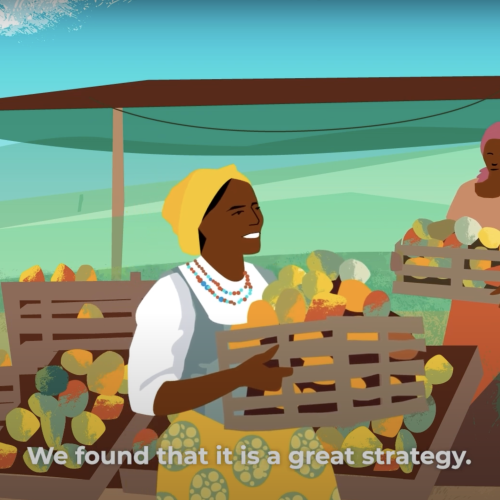
Video
Watch the GLOW programme animation in English, with French or Spanish subtitles, to learn why investing in women as low-carbon and climate resilience leaders is not just fair, it's smart.
Image
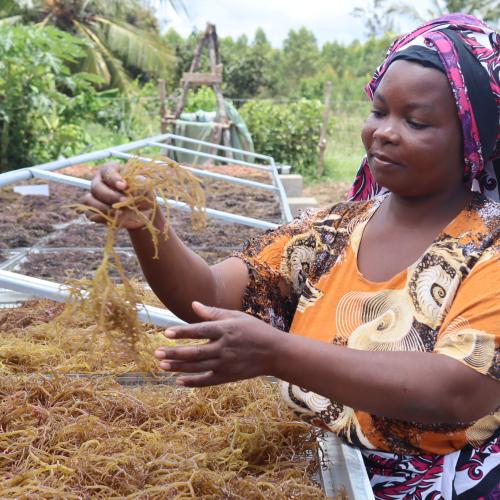
Policy brief
New evidence from the GLOW programme makes the case that climate-smart businesses innovating in the low-carbon, climate-resilient space require a gender lens approach to meet their full potential for economic sustainability and positive climate impact.
Image
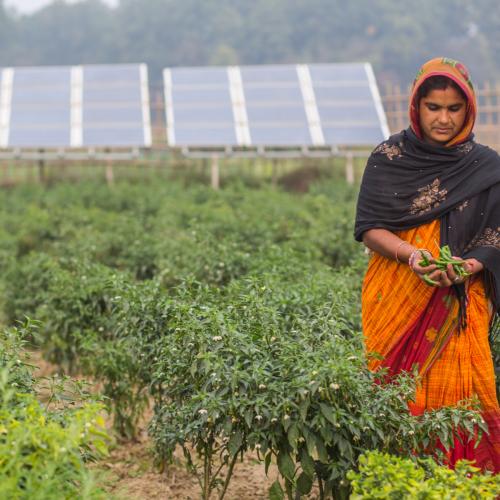
Event
-
Watch the GLOW webinar recording to hear how diverse actors are building capacity on gender-responsive climate action, and the opportunities for just transitions to low-carbon, climate-resilient economies in specific countries and regions.
Image
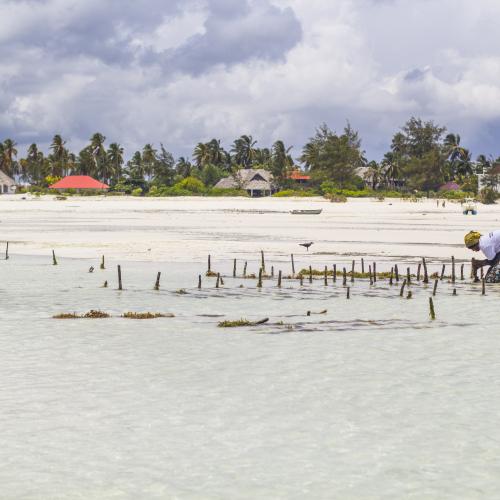
Research report
This report summarises learning from the GLOW programme on common challenges and promising solutions for advancing women’s empowerment in low-carbon transitions.
Image
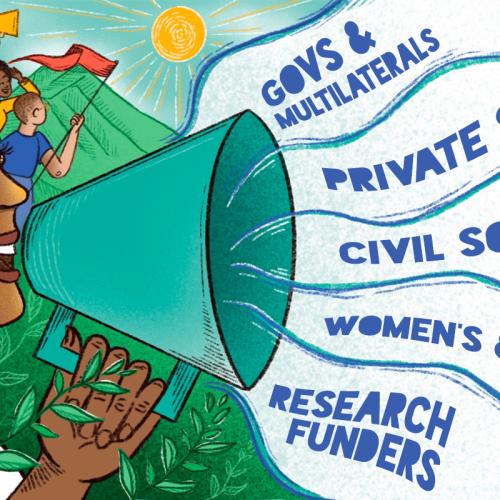
Blog
-
At COP28 in Dubai in November-December 2023, governments will negotiate a political statement and commitment to further action on 'just transitions': how transitions to low-carbon economies can provide decent, secure employment for millions of workers. Sign this call to action for gender-just, low-carbon economies, to raise the profile of women's empowerment as a critical consideration for the climate talks and COP28 decision.
Image
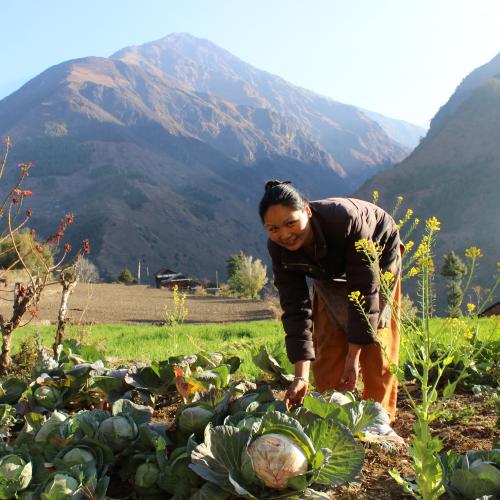
Research report
This report for the GLOW programme reviews the evidence on women's economic empowerment in low-carbon transitions. It identifies the gaps in the evidence base; and recommends how GLOW and other research initiatives and funders may further enrich the evidence, and inform policy and practice.
Image
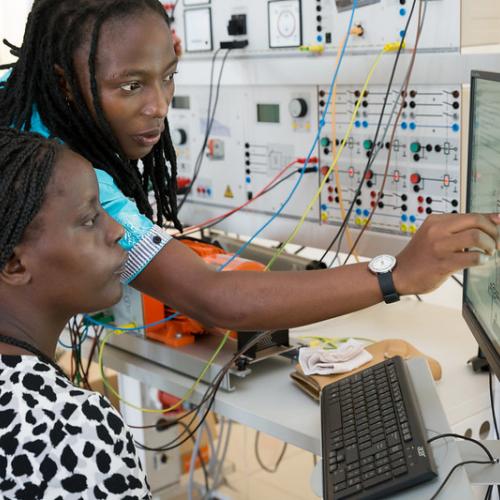
Policy brief
This policy brief reviews how well women’s economic empowerment and low-carbon transitions are integrated in theory and in practice. It provides key recommendations for governments, international financial institutions and research funders.
Image
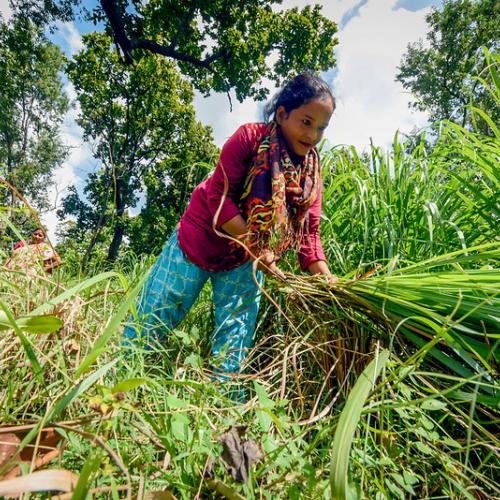
Webinar
This event at CSW66 explored the opportunities for government spending plans to promote gender equality and environmental sustainability.
Image
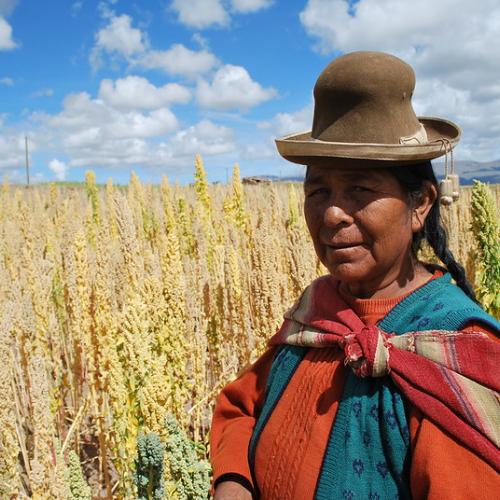
Project
This project will strengthen the sustainability of the quinoa sector in Bolivia through better conditions for Indigenous women producers and salaried workers by enabling an effective transition to net-zero emissions.

